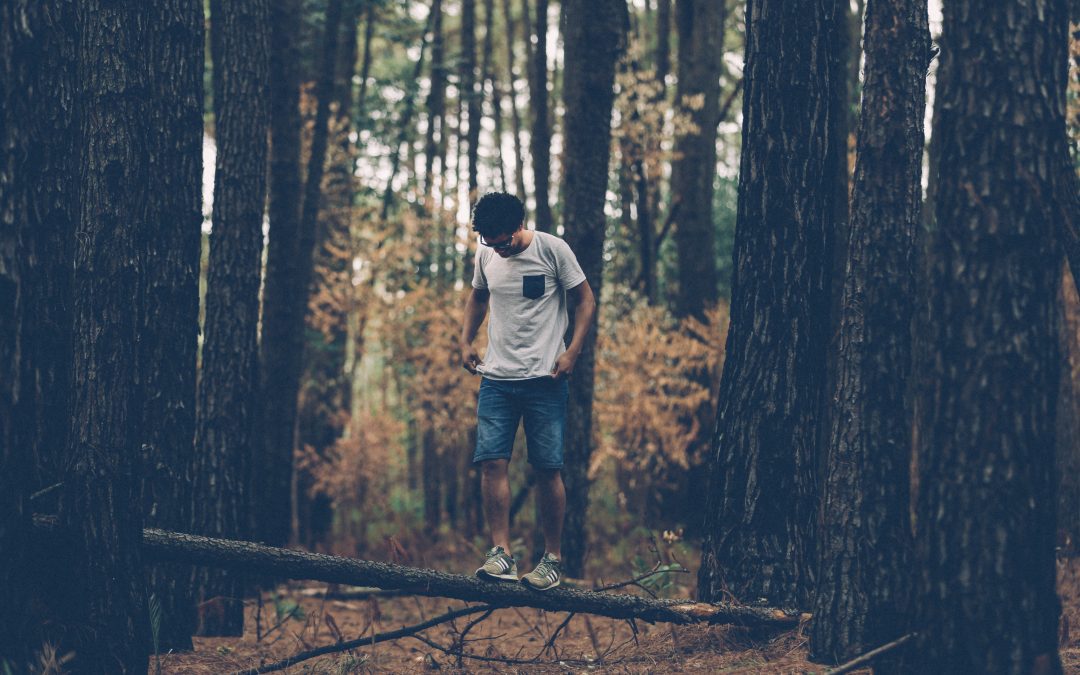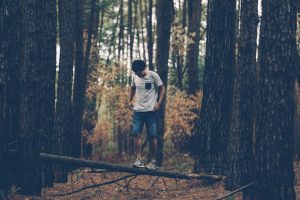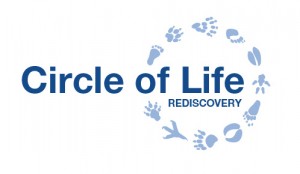World Mental Health Day 2018
It is perhaps normal to think of our physical health. If you hurt your arm, you will happily share that information. However if your mental health is suffering, it is harder to be comfortable to share that you are feeling stressed, anxious, and even harder to get to a point where you may need to seek more help.
As a culture, we are particularly bad at talking about our feelings, what educationalists would call our emotional literacy. Many schools across the UK do have programmes to help young people communicate what they are feeling, yet the teachers are rarely honest and open themselves!
Part of the difficulty is that we as adults, educators, health practitioners and parents are not used to sharing feelings and don’t have the communication skills to articulate what is going on for us. We resist being open, as this feels exposing and dangerous. What is it about our society that feels so unsafe to share feelings?
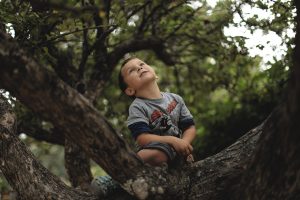 The importance of feeling safe cannot be underestimated. This both comes from the individual and the container/society. If the school, home, parent doesn’t feel safe, then it is unlikely to be an environment for people to share openly. As adults working with young people, we need to be more careful, to provide the quality of listening and helpful words to support the journey of growing up. At the same time though, I believe it is equally necessary for the adults to do their own work on feelings and to learn how to share what is going on for them and to take the risk of doing that. I am not saying that we share all our baggage and personal stories, but I am saying that we feel able to choose appropriately what personal information we may say to support a meaningful connection, and to be an active listener.
The importance of feeling safe cannot be underestimated. This both comes from the individual and the container/society. If the school, home, parent doesn’t feel safe, then it is unlikely to be an environment for people to share openly. As adults working with young people, we need to be more careful, to provide the quality of listening and helpful words to support the journey of growing up. At the same time though, I believe it is equally necessary for the adults to do their own work on feelings and to learn how to share what is going on for them and to take the risk of doing that. I am not saying that we share all our baggage and personal stories, but I am saying that we feel able to choose appropriately what personal information we may say to support a meaningful connection, and to be an active listener.
The World Health Organisation defines mental health:
“Mental health is defined as a state of well-being in which every individual realises his or her potential, can cope with normal stresses of life, can work productively and fruitfully and is able to make a contribution to his or her community.”
In our organisation, we believe in the power of nature to transform our well- being. Over many years, through our projects, I have witnessed an increase in physical and mental health, reduced stress and an increase in an aptitude for learning across the ages. In effect through nature-based experiences we are able to transform education, health and family life. Our model brings together practitioners who are comfortable with their emotions, skills at listening and care about others well-being. All our projects support personal development, which means at times going to uncomfortable places and having difficult conversations.
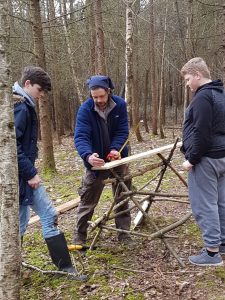 Our flagship project is known as ‘The Woodland Project’. This is a partnership project with the Child and Adolescent Mental Health Service (CAMHS) and CAMHS learning disability and Family Intensive Support Service (CAMHS-LD- FISS). One of our programmes offers young people who have diagnosed mental health issues a monthly day in the woods as a group. The young people may live with a variety of mental health issues, from eating disorders, depression, anxiety, PTSD, Personality disorder and are some of the most articulate and vibrant young people I have ever met. They do struggle to work positively with what they experience and are incredibly supportive of each other.
Our flagship project is known as ‘The Woodland Project’. This is a partnership project with the Child and Adolescent Mental Health Service (CAMHS) and CAMHS learning disability and Family Intensive Support Service (CAMHS-LD- FISS). One of our programmes offers young people who have diagnosed mental health issues a monthly day in the woods as a group. The young people may live with a variety of mental health issues, from eating disorders, depression, anxiety, PTSD, Personality disorder and are some of the most articulate and vibrant young people I have ever met. They do struggle to work positively with what they experience and are incredibly supportive of each other.
What can be challenging is how our culture stigmatises the young people and families who are living with a range of difficulties. Some behaviour is very cruel. People share that they feel so isolated, as it is too challenging to access many community spaces.
Natural spaces are often great levellers, where we can begin to feel relaxed (natural spaces reduce cortisol levels), and free ourselves to have different experiences in a group setting that re-build our self esteem, and give us a new and different perspectives on ourselves and the world around us. Nature is a very forgiving environment, alongside all the multitude of benefits being outside in a supportive group provides.
Today is a day of celebrating our mental health and supporting ourselves and others to feel safe enough to feel, and be listened to. My advice is to take a risk and share something that you wouldn’t normally – the benefit is worth the risk and hopefully you will feel a little bit of joy!
Below are various personal videos about our Mental Health Project with Teenagers.
“The woods is a safe space to re-connect, it is healing and welcoming, I feel like I am not judged and I have learnt about the kind of person I want to be, without pressure and stress.”
CPD’s & Training Programmes
At Circle of Life Rediscovery, we run CPD’s and Training programmes for health and education practitioners:
21st & 22nd March – Exploring the Natural World & Feeling Self with Ian Siddons Heginworth. The theme is ‘Alchemical Ash’.
1st & 2nd April 2019 – Nature Play & The Therapeutic Space with Marina Robb and Kate Macairt.
23rd & 24th September – Exploring the Natural World & Feeling Self with Ian Siddons Heginworth. The theme is ‘Suffocating Ivy.’
In 2019 we are developing a 4 day Nature & Mental Health training programme for practitioners, exploring best practise from nature and well-being. Learn how to deliver ‘Green Care’ interventions. To express your interest, please click here.
Group Nature-based Therapeutic Interventions
We offer bespoke Nature- based therapeutic interventions for groups of people experiencing similar needs. These ‘green-care’ group packages are tailor made for particular client groups. Find out more.
Team Building & Away Days
We work closely with clients to deliver bespoke team building and away days for organisations, ensuring an effective and creative learning experience. We aim to draw out your skills, improve communication and confidence, give you a fresh perspective and to inspire! Contact us to hear more or call 01273 814226.
“It was the best away day I have ever been to and I would like to do it all again! The facilitators are enthusiastic and knowledgeable, it was a beautiful and peaceful setting and there was a good mix of sociable and quieter activities. I loved this away day and will have fond memories of the time we spent in your wood. The activities arranged for our team were simple yet meaningful. They were also thoughtfully put together, with activities that: required us to work together on a goal; pushed us (comfortably) to do new things; connected with our sense of fun and silliness; and some were quiet, solitary and mindful. Doing tasks we would never normally do together and never do in our workplace – making fires, using knives to craft things – helped us be and work together in a way that enhanced our team relationships. It rained, but we had a great time! Thank you.”
Dr Simon Tobitt, Senior Clinical Psychologist, Assessment & Treatment Service and Recovery & Wellbeing Service: High Weald, Lewes and Havens.
Donate
If you would like to make a donation to support the future of our Woodland Days to support young people and families, please contact us.

